The Center for Public Policy Research’s (CPPR) Postdoctoral Scholars Program is founded on The Murphy Institute’s commitment to building an exceptional intellectual community and advancing careers in political economy. We seek to develop promising early-career scholars from a wide range of disciplines whose research, life, and professional backgrounds will significantly contribute to academic excellence in political economy at Tulane and The Murphy Institute.
The program is open to Tulane faculty from all areas of study and provides up to two years of support for postdoctoral scholars engaged in full-time research and writing in political economy. Scholars work under the mentorship of a Tulane faculty member who serves as the Primary Investigator (PI).
This is a full-time salaried position for a maximum two-year term, typically beginning on July 1st. Scholars must have already earned their Ph.D. or expect to receive their Ph.D. by the start of the appointment.
2026 Call for Applications
Proposals for Fall 2026 Postdoctoral Scholars are currently being accepted! This opportunity is open to Tulane faculty from all areas of study. The deadline to apply is February 1st.
Program Details
The CPPR Postdoctoral Scholar application must originate with a Tulane University faculty member who serves as the Primary Investigator and agrees to supervise the postdoctoral scholar. The supervising faculty member(s) is responsible for recruiting and hiring the postdoc.
The application is not open directly to postdoctoral applicants. If you are a postdoctoral applicant, we recommend you identify a Tulane University faculty and discuss project ideas with them.
The program is open to Tulane faculty from all areas of study at Tulane within the broad scope of political economy and its intersection with public policy. Scholars must have already earned their Ph.D. or expect to receive their Ph.D. by the appointment start date.
Scholar Expectations
Postdoctoral Scholars are expected to:
- Dedicate their scholarship towards producing high-quality research in political economy
- Actively participate in the broader intellectual life of The Murphy Institute by attending seminars, public lectures, workshops, and research conferences.
- Collaborate with Murphy faculty and scholars to further their research and professional development.
- Include their affiliation with The Murphy Institute and the Center for Public Policy Research in their research, at conferences. and all academic outputs.
- Outside employment and teaching at another institution during the term of the appointment are prohibited.
Compensation and Term
The postdoctoral scholar term typically begins on July 1st, and scholars should be on campus by the start of the Fall Semester.
The postdoc appointment is structured as a one-year term with the option for a second-year renewal, which is contingent upon satisfactory performance and funding availability.
Scholars receive the following:
- A $70,000 twelve-month salary.
- A research/travel subsidy.
- One-time assistance with relocation and start-up expenses.
- Dedicated office space in The Murphy Institute alongside other CPPR postdoctoral scholars and Murphy faculty and fellows.
This compensation is subject to appropriate taxation. The University also offers a comprehensive benefits package, including medical, dental, and vision coverage.
Faculty Mentor Responsibilities
An appointment as a Postdoctoral Scholar originates with the Tulane University faculty member(s) who serves as the Primary Investigator and agrees to supervise the scholar. Faculty mentors play a critical role in supporting the academic and professional development of postdoctoral scholars within the program. Mentorship includes, but is not limited to, the following areas:
- Holding regular meetings to discuss long and short-term goals for the scholar’s time at Tulane.
- Serving as a bridge to the scholar’s host school/department and colleagues.
- Facilitating the scholar’s professional growth in research, teaching, and participation in national and international forums.
- Working collaboratively with the scholar to prepare for successful entry into the job market.
Host Department Responsibilities
The supervising faculty member(s) will recruit and hire the postdoctoral scholar into an academic school or department at Tulane. The host school or department is responsible for integrating the scholar into the intellectual community through departmental meetings, colloquia, seminars, and other events.
The host school or department plays a vital role in supporting the scholar's professional experience at Tulane by:
- Structuring opportunities for networking, social interaction, teaching opportunities, and scaffolding to support the professional development of the postdoc.
- Administering the scholar's salary, familiarizing the scholar with university policies, and providing required administrative support throughout their term.
- Bearing the costs associated with advertising and recruiting for the position.
CPPR will assist with visa costs if applicable.
Interested faculty members must submit proposals for the postdoctoral term that begins on July 1, 2026, by the deadline of February 1, 2026. Faculty are strongly encourages to submit proposals by the priority deadline of November 15, 2025. Scholars should be on campus by the start of the Fall 2026 Semester.
Proposal Requirements
Proposals must be submitted by Tulane University faculty members for a dedicated research project to be undertaken by the postdoctoral scholar. The Tulane faculty member(s) serves as the project's Primary Investigator.
Brief Description of Project:
Provide (i) a brief description of the proposed research project; (ii) potential methodological approaches; and (iii) its connection to political economy.
Political economy, in its broadest sense, examines how public policy influences the market environment. We welcome proposals from all Tulane disciplines. The primary focus should be on how policy areas interact with the market environment (e.g., the labor market, housing market, healthcare, environmental issues, etc.). and/or the broader economy.
Proposals are assessed based on the research project and its links to political economy, rather than the individual postdoctoral candidate. The proposal should clearly outline a standalone project that is not intended as a continuation of a specific individual's dissertation.
Contribution to Multidisciplinary Perspectives and Ideas:
Highlight the project's or researcher's contribution to multidisciplinary approaches that advance CPPR’s strategic goals: to examine, address, and catalyze innovative solutions to 21st century policy challenges.
Plans for Mentoring the Postdoctoral Scholar:
Outline plans and steps to facilitate the professional growth of the postdoctoral scholar and ensure the scholar is well-embedded within the school/department and The Murphy Institute.
Submit proposals to murphy@tulane.edu with the subject line "CPPR Postdoc Funding".
Priority will be given to proposals that were received by the November 15th priority deadline. These priority submissions are reviewed shortly after the deadline, with decisions typically made in early December.
Submissions received by the secondary deadline of February 1st will be considered after this date, if funding remains available.
For more information, contact The Murphy Institute at murphy@tulane.edu.
Current CPPR Postdoctoral Scholars
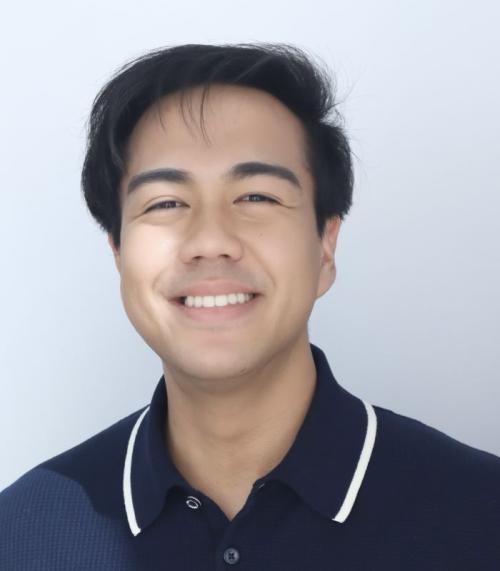
| Ricardo B. Ang III Dr. Ang is an applied microeconomist with research interests in health and urban economics. Ang recently received a PhD in Economics from Georgia State University and joined Tulane University's Department of Economics and The Murphy Institute as a postdoctoral fellow in health economics and policy in Fall 2024. |
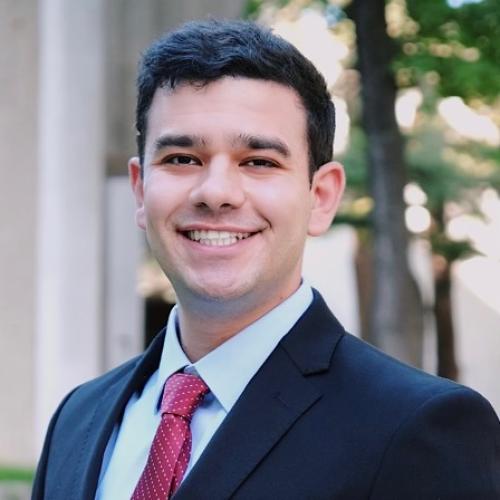
| Hussain Hadah is a postdoctoral scholar in Economics and The Murphy Institute. He completed his PhD in Economics from the University of Houston in 2023 and received his BS in Economics from Arizona State University. He researches topics in applied microeconomics such as discrimination, race, identity, mental health, and immigration. |
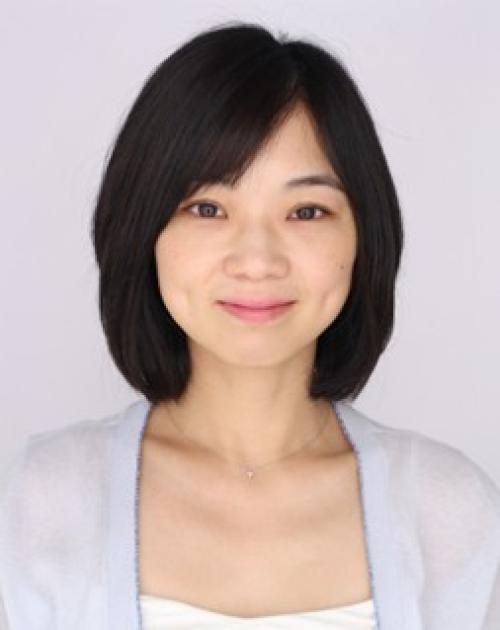
| Yi Hao Yi Hao is a Postdoctoral Scholar in Finance at The Murphy Institute's Center for Public Policy Research. She completed her Ph.D. in Business Administration (Finance) at the University of Iowa and received her MA in Economics from the University of Manitoba. Dr. Hao's research interests cover several topics, including municipal bonds, urban economics, and financial reporting |
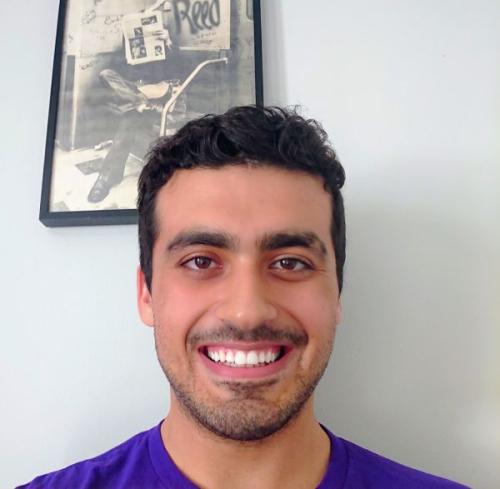
| Erfan Hosseini Sereshgi Erfan Hosseini is a postdoctoral scholar in Computer Science and The Murphy Institute's Center for Public Policy Research. He completed his PhD in Computer Science at Tulane University in 2025. His research interests are in software engineering and data analysis in navigation, routing and anomaly detection. |
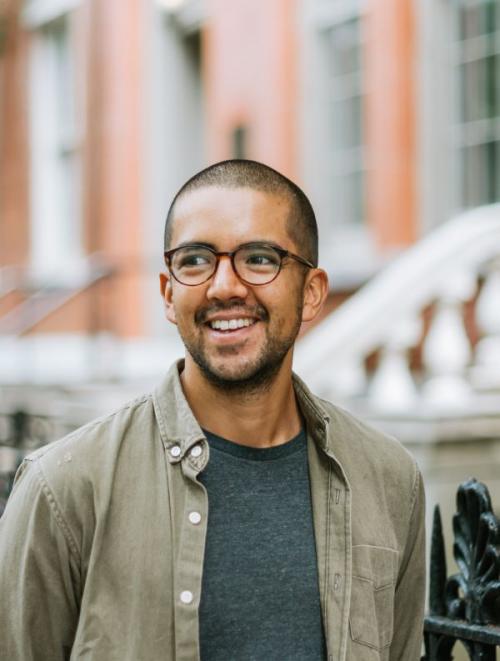
| Matías Morales is a postdoctoral scholar in Economics and The Murphy Institute's Center for Public Policy Research. He completed his PhD in Public Administration at New York University in 2024. He researches topics in Economics of Education. |
